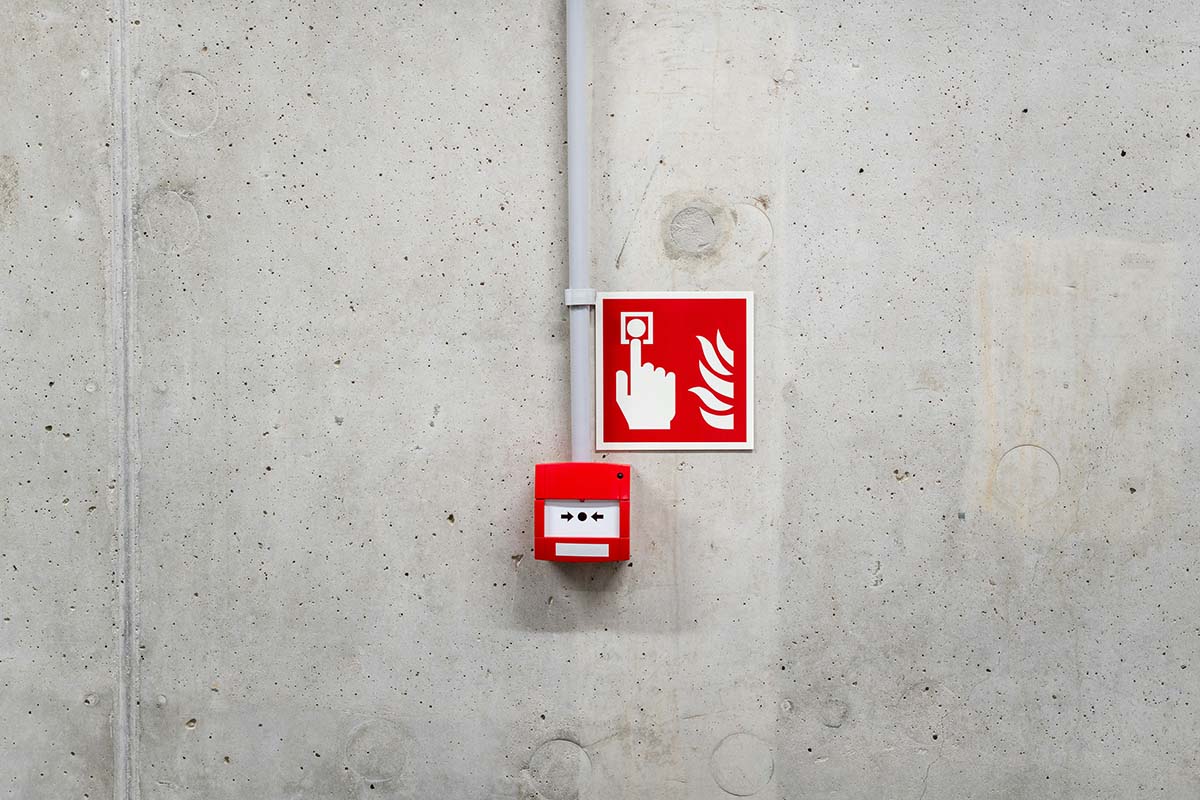Recruitment is always something you want to take seriously, especially when it comes to remote workers. Remote workers aren’t someone you’ll be seeing within your business premises, that is, if you exist as a hybrid working environment currently.
With that being said, there are many benefits to remote workers, and even in your healthcare business, they can be of major advantage. However, if you’re new to recruiting remotely, then here are some helpful tips.
Review your hiring process
First and foremost, think about your current hiring process. What does it look like? It’s important to consider whether your hiring process is currently tailored for hiring remote positions. Chances are, if you’ve not recruited for remote positions before, then you might need to go through and fine-tune your processes.
Think about what you might need to hire remote workers correctly. It might be that you need to invest in certain tools or collaborate with fewer or more staff members who might be more knowledgeable in remote recruitment.
Define your ideal candidates
Defining your ideal candidates is a must. It’s definitely needed when it comes to picking out the right people for the job, especially within the healthcare industry. As a healthcare organization, it’s important to know who you want as an ideal candidate, from their personality traits to the soft/hard skills and experience they have.
By defining your ideal candidates, you will know exactly what to look for during every stage of recruitment.
Promote your job listings strategically
When promoting your job listings, whether for a remote healthcare assistant or medical receptionist, it’s useful to know where to post them. After all, you want to get a good scope of candidates, including plenty of high-quality finds.
To help expand your talent pool potential, reach your ideal candidates across both professional job boards, work with agencies, and even use social media to promote your positions.
Interview with collaborative tools
Collaborative tools are certainly necessary to have when it comes to recruiting effectively, especially remotely. When it comes to remote workers, it’s useful to have collaborative tools for communication and a platform in which you can monitor all of the candidates you’re screening or working through.
A platform like Slack, for example, would be useful for keeping everyone who is responsible for recruiting in the loop on when interviews are taking place, etc. There are also plenty of platforms out there to use when it comes to monitoring your recruitment, especially if you’re hiring for more than one role.
Offer a trial period if necessary
Be sure to offer a trial period if you can when it comes to remote workers. While it might not be needed for every position, there might be some roles that require you to see them in action, whether that be remote working from their home or from a certain location every day. Recruiting remote workers is similar to that of traditional recruitment, but it’s always good to brush up on your recruitment process to hire the best candidates.




















